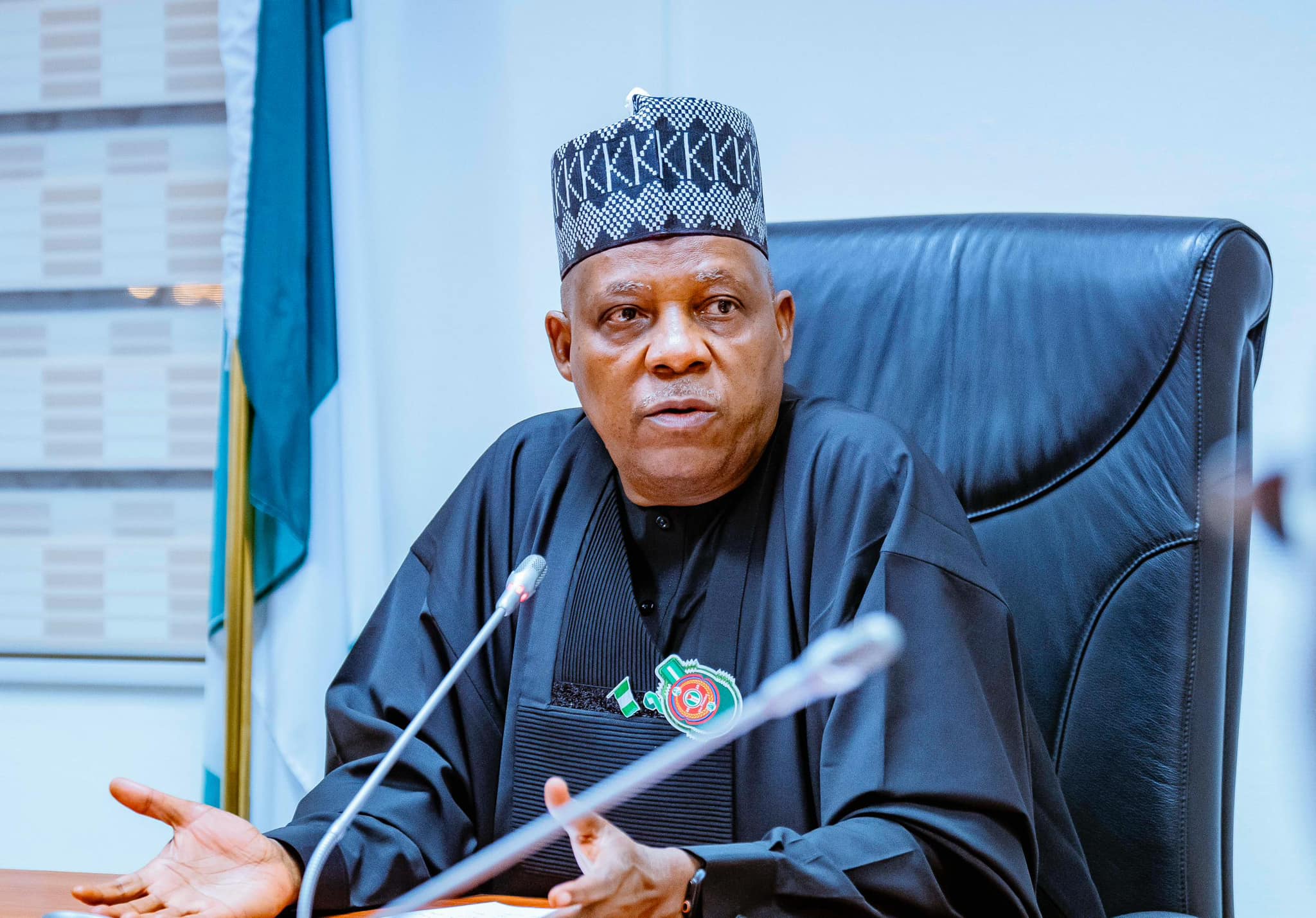By Olusegun Adeniyi
(Text of the review of Dr Dakuku Peterside’s book, ‘Beneath the Surface: Essays on Nigeria’s Chequered Journey’, at the public presentation in Abuja on 14th October 2025)
In an era when social media has democratized public commentary to the point of cacophony, ‘Beneath the Surface: Essays on Nigeria’s Chequered Journey’ arrives as a sobering reminder that informed analysis still matters. This collection of 70 essays, spanning a four-year period between 2020 and 2024 chronicles a nation perpetually teetering between promise and peril. And it is a collection by someone who, one must admit, has a fair idea of what he is talking about. The author, Dr Dakuku Peterside has inhabited the corridors of power and understands the machinery of governance in Nigeria from within.
Indeed, what distinguishes Peterside from the army of commentators that clutter our media space is the weight of practical experience behind his observations. As a former Commissioner for Works in Rivers State, a one-time member of the House of Representatives, erstwhile Director-General of the Nigerian Maritime Administration and Safety Agency (NIMASA) and gubernatorial candidate of then main opposition political party, Peterside writes not as a distant critic but one who has grappled with the very institutional dysfunctions he dissects. This insider perspective lends credibility to his analysis, even when his conclusions sometimes make for uncomfortable reading.
The six thematic sections in the book encompasses everything; from hunger and education to electoral politics and national security and collectively they reflect the multidimensional nature of Nigeria’s crisis. And make no mistake, Peterside is unflinching in his diagnosis: this is a nation in crisis. From ‘Hunger Republic of Nigeria’ to ‘Education Sector Crisis: A Future That Is Ruined,’ the titles of his interventions telegraph a country that is bleeding at multiple points. The opening essay, ‘Hunger is Real and Present,’ sets the tone for a collection that refuses to traffic in the platitudes that often pass for patriotic discourse in Nigeria.
In essays like ‘Beyond Reactive Governance’ and ‘Dark Chapter for the Judiciary,’ Peterside interrogates the institutional weaknesses that keep Nigeria trapped in cycles of underperformance. His treatment of the electricity conundrum, the scourge of soot in Port Harcourt, and the mystery of crude oil theft reveals a keen understanding that Nigeria’s problems are not merely technical but deeply rooted in governance deficits and moral failure.
The section on elections and politics particularly resonates. Essays such as ‘Crowd for Hire: 2023 Campaign Rallies as a Metaphor’ and ‘Manifestos That Will Not Manifest’ expose the theatrical nature of our politics. Although the narratives would have been more interesting had the author shared his own experiences on what must be a familiar game. Meanwhile, his analysis of the ‘Obidient’ movement and the prospects of a third force demonstrates an attempt to understand the new political currents reshaping our democratic landscape, even as he maintains a healthy scepticism about their transformative potential.
Perhaps most valuable are Peterside’s comparative analyses in the section on Nigeria and global developments. By examining elections in Kenya and Uganda, leadership transitions in Chad and Niger, and political drama in the United Kingdom (especially under Prime Minister Liz Truss) and the United States (the process leading to the election of Kevin McCarthy as Speaker of the House of Representatives), the author holds up mirrors that reflect our own failings. These essays operate on the principle that Nigeria can learn from both the successes and failures of others, if only our leaders were willing students.
Yet, for all its diagnostic precision, one wishes Peterside had devoted more space to prescriptive solutions. While essays like ‘Rescuing the Nigerian Middle Class’ and ‘Challenging the New Ministers’ gesture toward alternatives, the overwhelming weight of the collection leans toward documentation of decline rather than charting pathways to renewal. This is perhaps inevitable in a book compiled from weekly columns, where the immediate demands attention over the systemic.
Whatever may be the misgivings of readers, what this collection ultimately represents is a sustained act of civic engagement, a refusal to look away from the wreckage of our national journey. Whether these essays will influence policy, as Dr Chidi Amuta suggests in the foreword, remains uncertain. But they will undoubtedly arm citizens with the analytical tools to hold those in power accountable. At the end, what emerges from these pages is a portrait of institutional failure on a breathtaking scale.
However, even when the book serves as a mirror to most of the contradictions that hold the nation back from peace and prosperity and would be useful for anyone seeking to understand the full dimensions of Nigeria’s contemporary malaise, its lines are also filled with glimmers of hope for the eventual redemption of a country that still holds so much promise.


